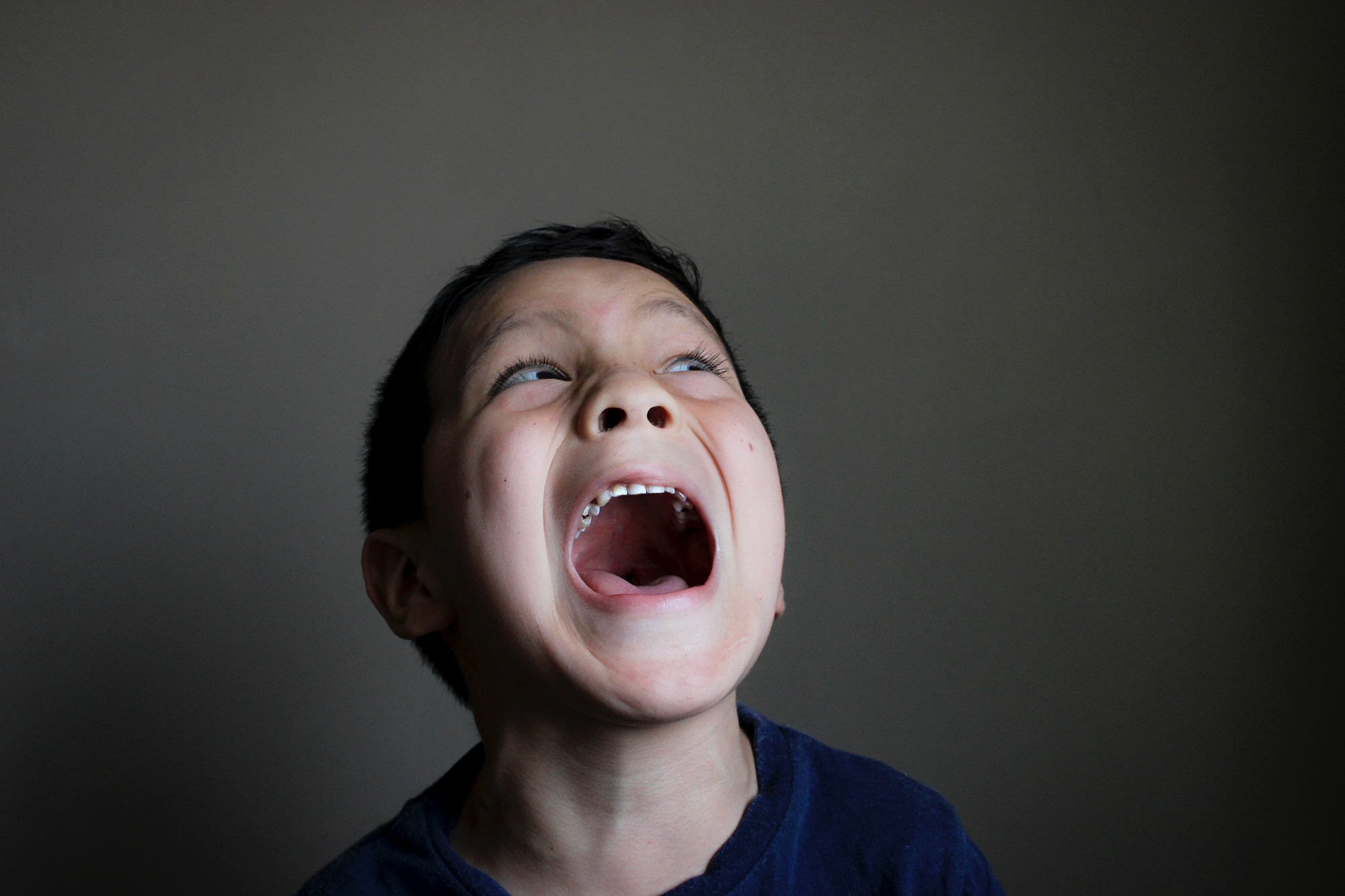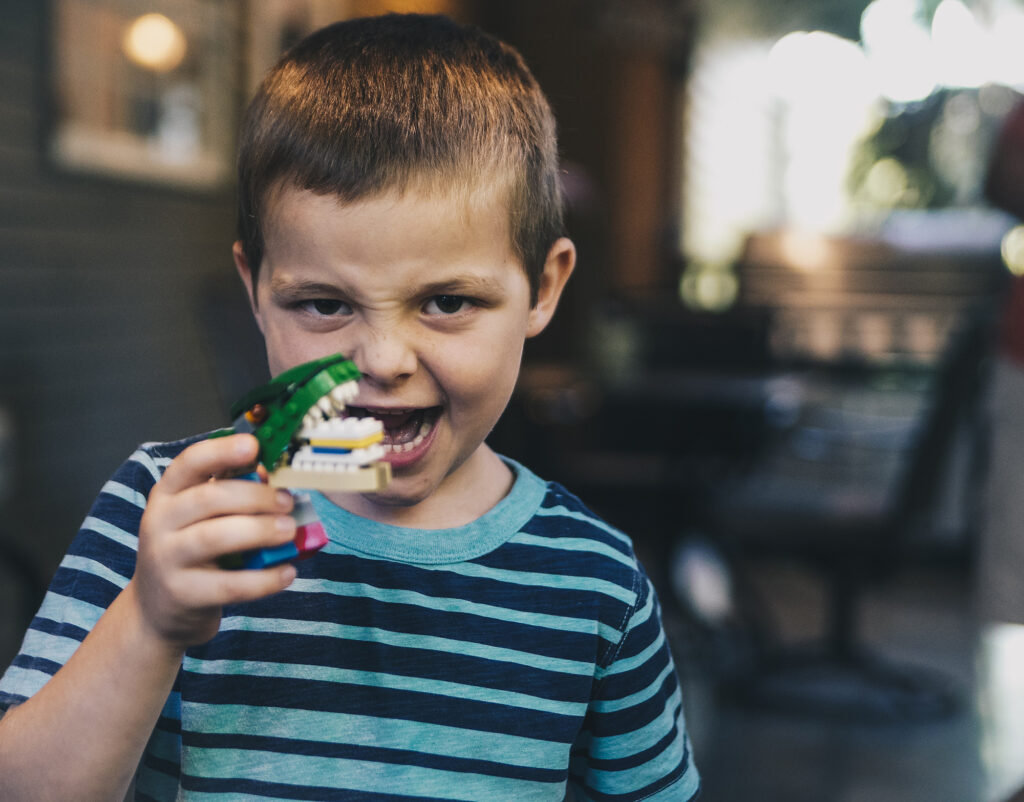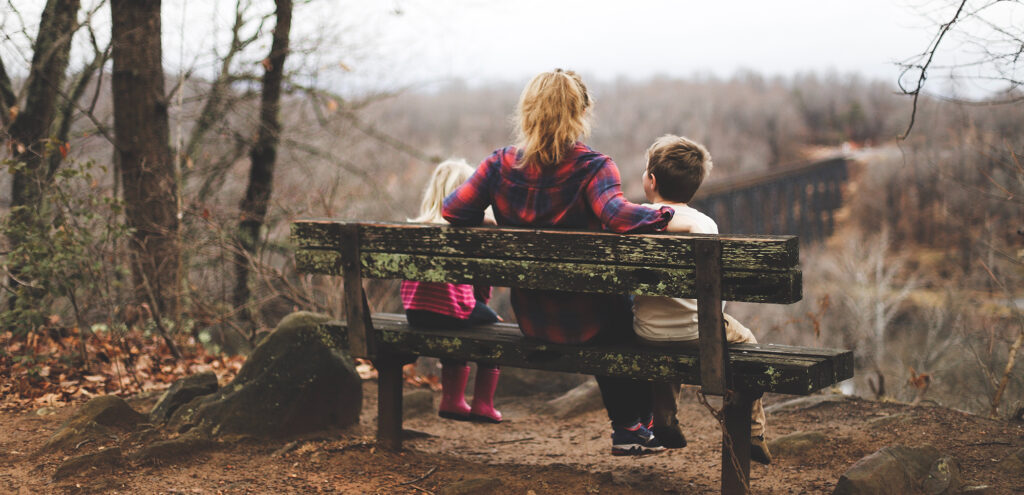BOOK KATHERINE TO SPEAK AT YOUR NEXT EVENT
What Your Kids Are Really Saying When They Act Up
July 10, 2020

Don’t you just WISH you knew what your kids were trying to tell you when they’re acting up?
Instead of them screaming: “Mom/Dad, I HATE you!” wouldn’t it be great if they could explain: “I’ve got some overwhelming feelings right now. I feel scared and mad and upset. I feel safe when you are here, but it makes the way I feel even more intense. So, it must be your fault! Now I need to get you away from me!”
Your kids are usually acting out because they can’t explain how they feel and what they need. It’s their way of expressing themselves. Whether they have drawn on the walls or are older and have shouted, “It’s not fair!” and stormed off, acting out is a symptom of something else. It isn’t the main problem. It is the manifestation of the unmet need. The tragic expression of the unmet need.

The term “acting up” comes from “acting out” their feelings. When your children cannot express their unmet needs, their emotions, which cannot be revealed in healthy ways, are ‘acted out’ in behavior deemed ‘bad.’ And it leads you to think: “They’re doing that deliberately to annoy me.”
It’s their way of communicating their unmet need. Your child’s behavior is a natural expression of what is going on inside them. And they would much rather cooperate with you than not.
Acting up usually refers to problem behavior that can be physically or verbally aggressive. Sometimes your child can destroy property. It’s often considered more severe than basic misbehaving. I look at it as swinging from the chandelier. Long before they get there, it’s likely they are dropping bread crumbs along the way. When we tune into the breadcrumbs we can connect sooner and circumvent before it gets totally out of hand.

SYMPTOMS OF ACTING UP
The U.S. National Library of Medicine lists these as signs of acting up from children (including teens and young adults):
*Self-harm
*Early sexual activity
*Frequent tantrums and arguments
*Consistent anger and rebellion against authority figures
*Lying
*Stealing
*Damaging or vandalizing property
*Harming or threatening other people or pets
*Truancy or poor academic performance
*Smoking, drinking alcohol, or drug abuse
As parents, you might refer to it as:
*Disruptive behavior
*Meltdowns
*Aggression
*Defiance
*Oppositional behavior
*Temper tantrums
COMMON ISSUES ASSOCIATED WITH ACTING UP
Attention Issues
Children often misbehave because they are looking for attention. They seek it from you, their parents, peers, or authority figures. When positive attention is lacking, they will step into negative attention. Remember that attention is a legitimate need. TIME is the greatest gift we can give our children. If our kids’ needs for our time are lacking that shows up in behaviors. It is a good time for us to reflect on whether or not we are setting aside the recommended 20 minutes per day 1:1 child-directed time.
Power
Children often feel like they don’t have any power. This is because they cannot control their environment. By acting up, they feel more in control. Their acting up is a reflection of that unmet need for choice and self-direction in their lives.
Personality Disorders
This is something that is more common in teens and young adults. It can include antisocial personality disorder, narcissistic personality disorder, borderline personality disorder, and histrionic personality disorder. In children, this can be attention deficit hyperactive disorder. (ADHD)
REASONS WHY YOUR YOUNG CHILD MIGHT BE ACTING UP
They’ve Been Influenced
There are all sorts of negative influences everywhere today. Whether it’s a violent TV show or their friends are children who act up and are disrespectful, your kid is like a sponge. They will soak that up and potentially take on that behavior.
If they start waxing lyrical in an expletive-laden manner, speak to them and say: “Those words are not what we use in our home. I know you could have heard someone else saying it and being respectful is important here. I imagine you aren’t coming out of disrespectful energy so I wanted to flag that a lot of people jump there and want to talk about it.”
Bathroom Break
When your child needs to go to the restroom and have just learned how to be potty independent, they will often hold on until the last minute to relieve themselves. This can send them into a tizzy. If they start shouting at you, you can say: “Let’s get you to the restroom. Then we can talk about what you just said.”
Fear
Children can suffer from fear for all sorts of reasons. This can be very inhibiting for them. And it can put them on edge. This can lead to your kids being angry rather than calm. You can help them find a way to cope with this to overcome their feelings and control their fear. You can address it by saying: “I know something in you is angry right now. AND (always use and instead of but) it’s not nice to be yelled at. Has this got to do with you being frightened (e.g., monsters under the bed?) I know there aren’t any. I can check the whole house if you want so you can feel safe. Would you like me to do that or would you like to come with me and we can do it together?”

Tiredness
When your kids need some sleep, what is deemed as lousy behavior escalates fast! They can’t communicate that to you, so they may try and grab their siblings’ toys or throw something across the room. They aren’t going to say to you: “Mommy I’m feeling a bit tired can I go and take a nap?” You can say: “I can see you need a rest. Yelling isn’t a nice thing to do. AND grabbing and throwing aren’t okay. Let’s go and read the story.” Kids HATE to be told they are tired so it tends to escalate things so don’t be surprised if saying that they need a rest actually incites them!
Worry
Life events can often be stressful for young children, like moving house or starting a new school. Even just dealing with the current uncertainty of life we are all experiencing right now.
Your child might not be able to articulate that stress, or even identify with the emotion. This can manifest itself as ‘bad’ behavior. They may start to refuse food or refuse to go to bed. They could begin to have tantrums. If you think you know what their concerns are, try and choose a quiet moment and speak to them about it. Be optimistic and make them feel they have a position of strength. You can say to them: “Darling, I can see you are concerned about something. Is it because of XYZ? Do you want to share with me why it makes you feel this way?”
Hunger
When your child has low blood sugar, they can get irritable. They may not even notice they are having hunger pangs. And if they are little, they may not associate that with needing a snack. So instead, they start getting irritated and act up. This could be drawing on a wall, or other behavior you don’t think is appropriate. In this situation, you can say: “Ok, I can see you need some food. Drawing on the wall isn’t okay. Let’s leave that now and get you some lunch. What would you like? A sandwich?
Modeling
While it may be uncomfortable to accept, your child is copying your behavior. If they have seen you yelling, they will do that too. The best way to handle this is to apologize and tell them: “I know you have seen me yelling, and that wasn’t a nice thing for me to do. I’m sorry, and I think we should start over on this. I need to speak nicely to people, and we all should.”
HOW ELSE CAN YOU DEAL WITH ACTING UP?
Stay Cool
If you are calm, then you can cope a lot better with managing your child. Then you can deal with their acting up appropriately. This is where self-empathy and connecting to the needs of yours and the feelings that have arisen allows you to diffuse.

It’s Not About You
Your child isn’t reacting to you. They are dealing with a sensitive issue, and this is manifesting itself in their behavior. Yes, you may feel emotionally hurt, but let that go. It could stop you from getting to the root of the cause.
Laugh
Laughing can relieve tension. And did you know it vents the same anxieties as crying? It can work as fantastic emotional maintenance. It’s a way of alleviating the acting up before it happens. You can incorporate laughing into play, can help reconnect you with your kid. Giggling can come from a game that helps your child overcome fear. And it will release any pent-up emotion.
Cry
What do you do if your child is past the point of no return? They are so wound up no game is going to make a difference. Their anger is a mask for tears. If you can do it, you can take your child to the point of crying release. Make your child feel safe and offer them compassion. Don’t take on their behavior at this moment; instead, empathize. If your child is still angry, don’t rise to it. If you remain compassionate, your kid will soon stop attacking you and move into a crying release. Then you can hold your child if they are happy for you to do so. Continue to be reassuring and supportive.
Your child will probably say sorry at a later point once they have emptied their emotions. If that doesn’t happen, you can explain that all your child’s needs to tell what they want without attacking or being rude, because you will always listen.
If you liked this blog post, then check out my post on 5 Tips To Implement Guidance Discipline.
back to top
© 2003 - 2023 KATHERINE WINTER SELLERY | PRIVACY POLICY | PAYMENT TERMS | TERMS OF SERVICE
JOIN MY FACEBOOK COMMUNITY
@Conscious Parenting
Home
About
Speaking
YouTube
Resources
Contact
A 3xTEDx speaker, media contributor, parenting coach, and a mom of two - helping families thrive by using the Guidance Approach to Parenting.
CONTACT NOW